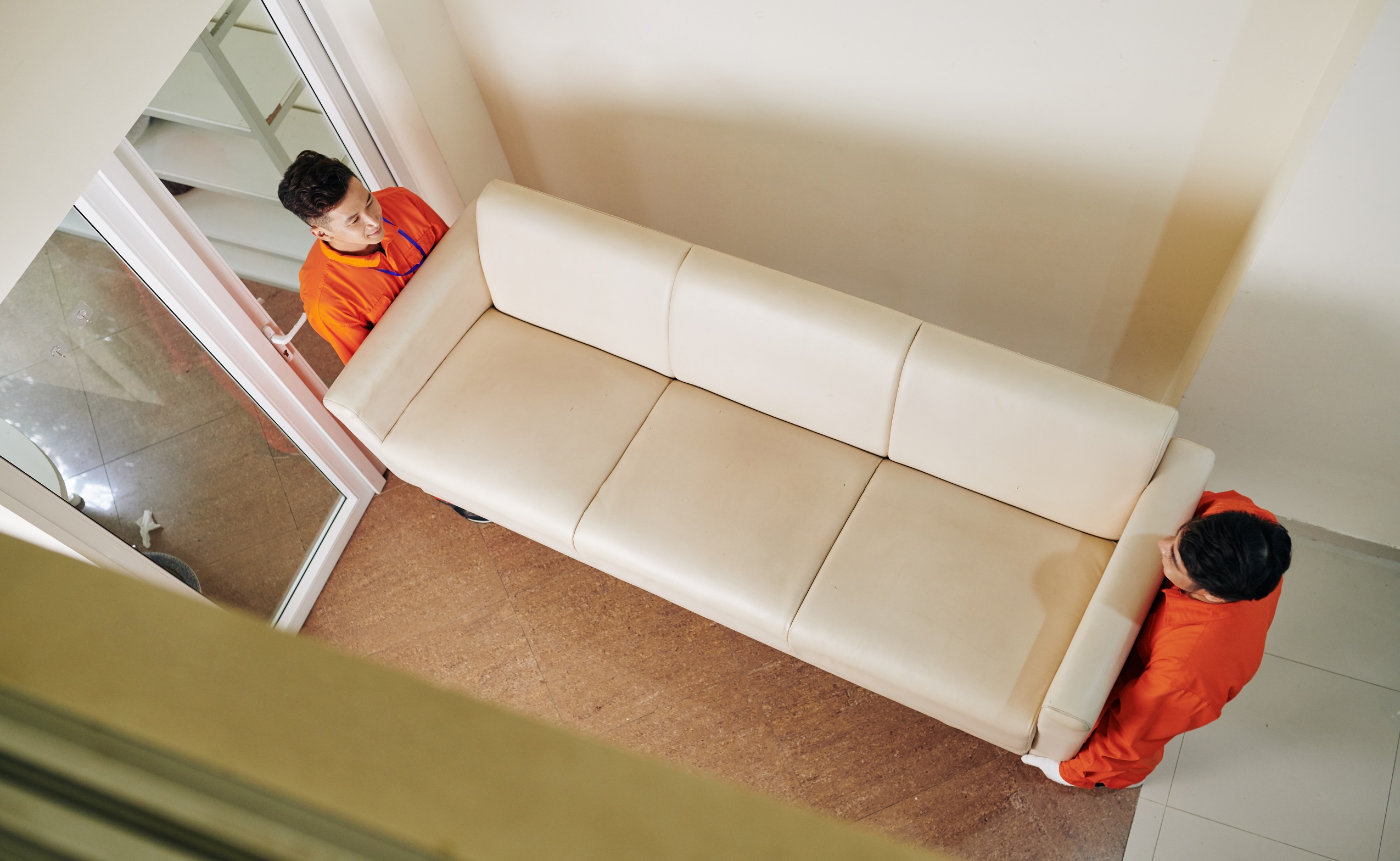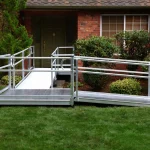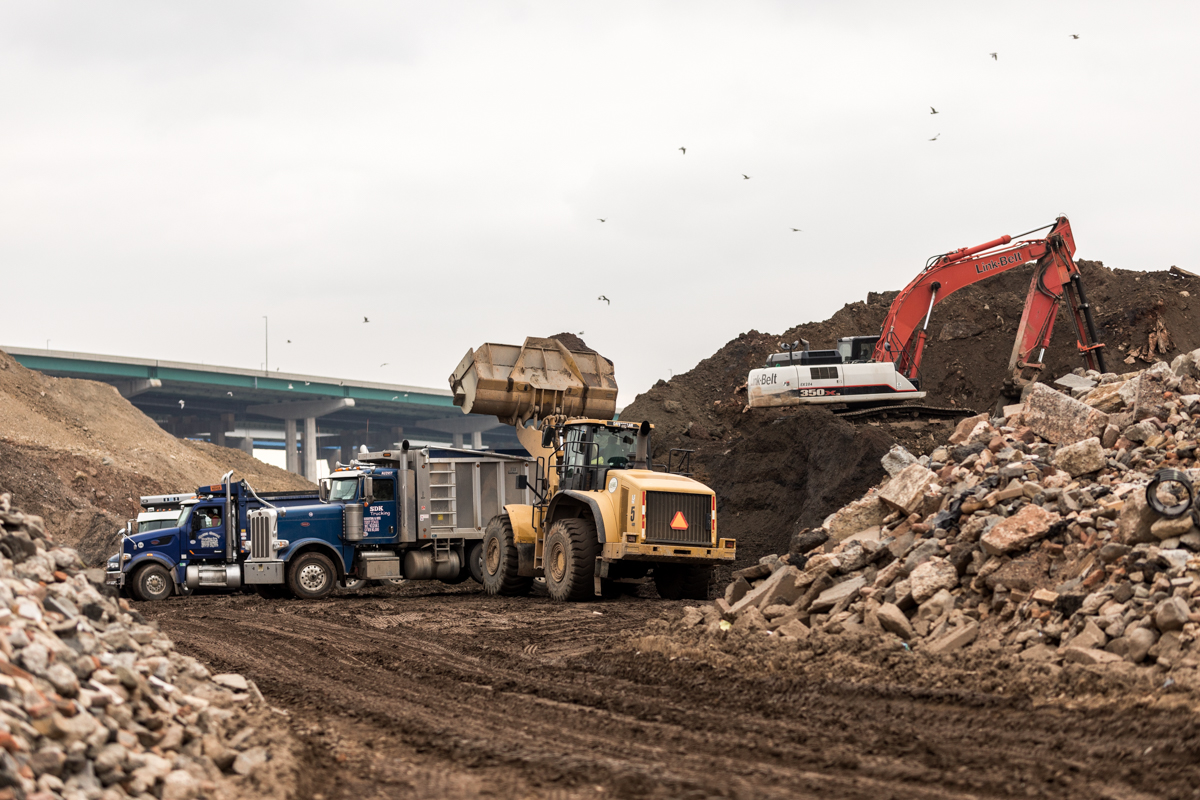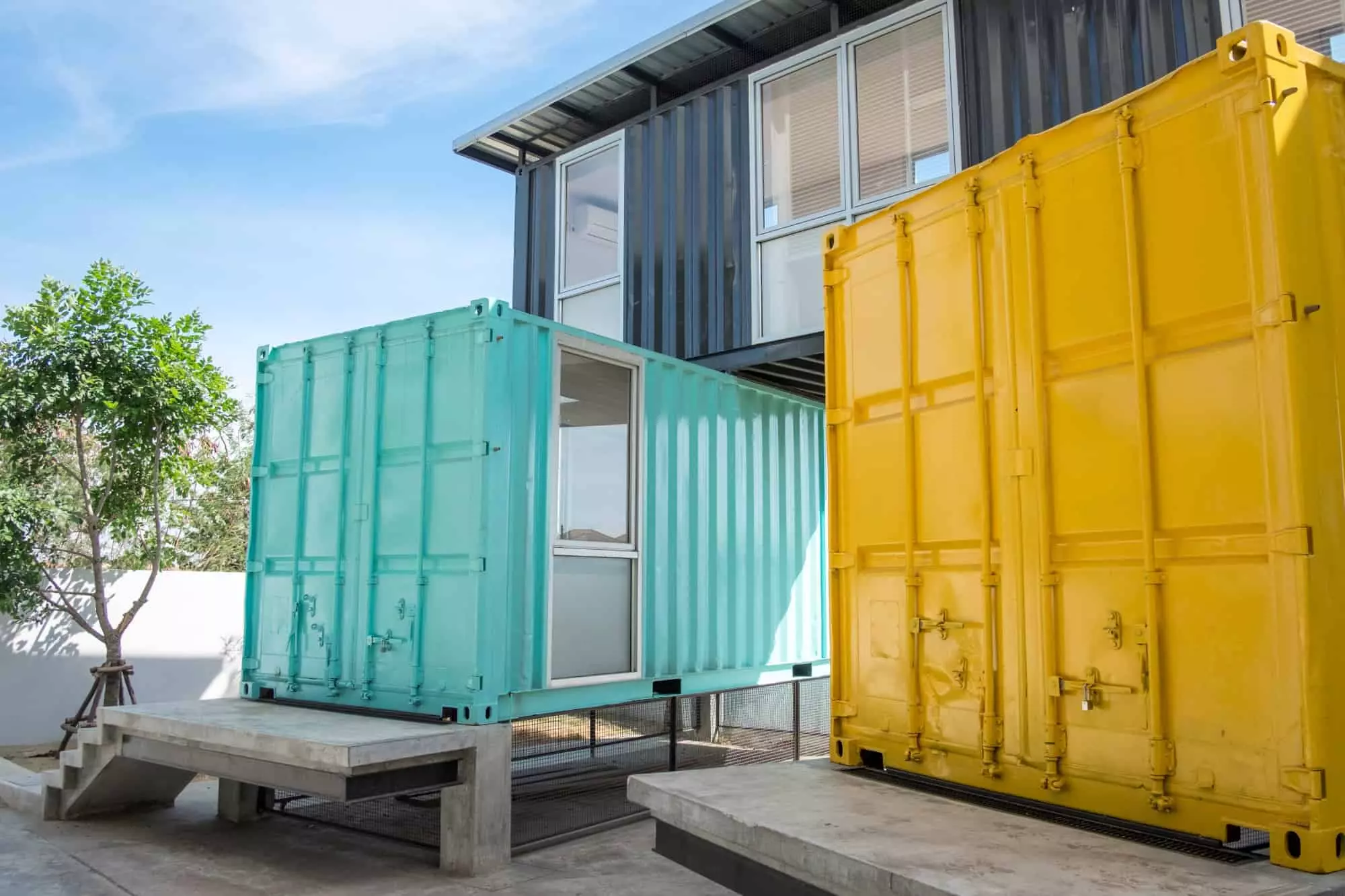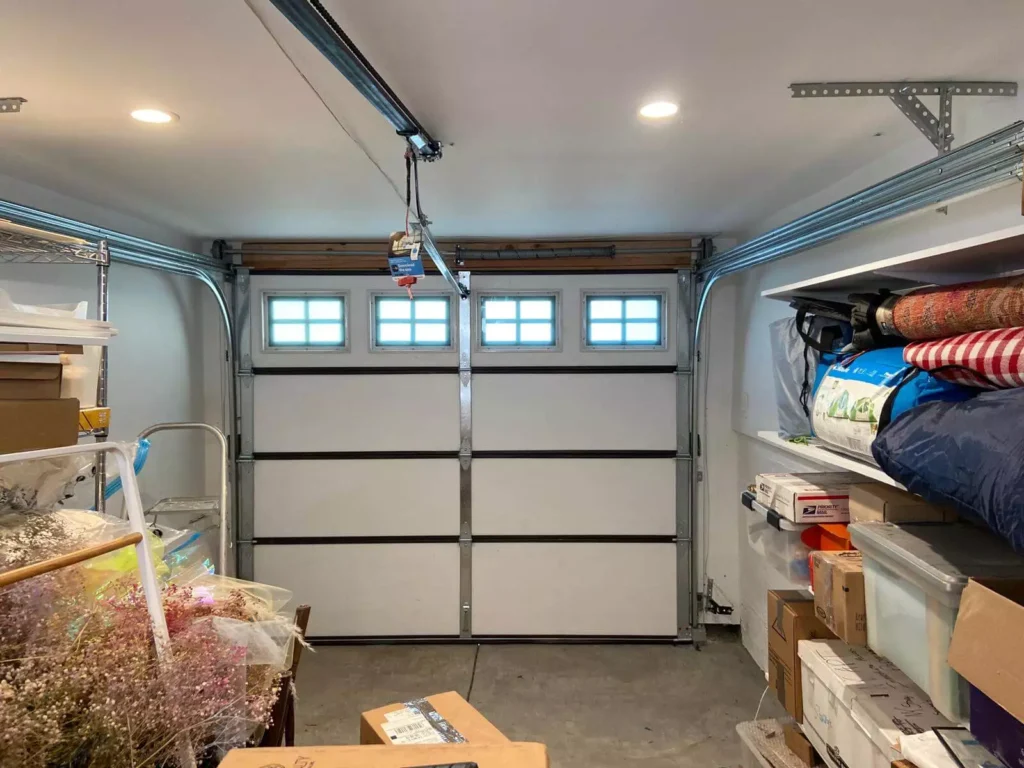When it comes to moving, there’s a lot to think about. Between packing up all your belongings, organizing the logistics, and dealing with the stress of change, it’s easy to forget one crucial aspect: insurance. I know, insurance isn’t the most exciting topic, but trust me, it’s an important one. Whether you’re tackling a small move or hiring local movers in NJ for a bigger job, having the right insurance in place can save you a lot of headaches (and money) down the road.
In this post, I’ll walk you through why insurance matters when hiring movers, the different types of insurance available, and how to make sure you’re covered. Let’s dive into the details and take a load off your mind!

Content
Why You Need Insurance When Hiring Movers
Moving is inherently risky. Even when you hire professionals, accidents happen. Furniture can get scratched, boxes can be dropped, or worse, something valuable can be lost. And if you’re like me, the last thing you want is to discover that your favorite piece of furniture was damaged during the move without having any recourse.
The Uncertainty of Moving
Let’s face it—no matter how careful movers are, they can’t control everything. Trucks hit bumps in the road, furniture shifts, and weather conditions sometimes throw a wrench into even the best-laid plans. While professional movers do their best to handle your items with care, there are many variables at play during a move. That’s where insurance comes in.
Protecting Your Belongings
Think about the investment you’ve made in your home and possessions. Now imagine something happening to those items during a move. Insurance offers peace of mind knowing that if something goes wrong, you’re not left footing the bill. It’s especially important for small moving jobs where even a minor incident, like a broken lamp, could feel like a huge inconvenience.
Understanding Moving Insurance Options

When you hire a moving company, they typically offer different levels of insurance coverage. Here’s a quick breakdown of the types of insurance options you might encounter:
1. Released Value Protection
Released value protection is the most basic form of insurance that moving companies are legally required to provide. The catch? It’s pretty minimal. Under this coverage, the company is only liable for $0.60 per pound of your belongings. So, if your 30-pound TV gets damaged, you’ll only get $18 back. Not exactly enough to replace it, right?
2. Full Value Protection
Full value protection is a much more comprehensive option. If something is lost, damaged, or destroyed, the moving company will repair, replace, or offer you a cash settlement for the item. The catch? Full value protection usually costs extra, and you’ll need to declare the value of your belongings ahead of time. This can be a worthwhile investment, especially if you have valuable or irreplaceable items.
3. Third-Party Insurance
Sometimes, the insurance options provided by your moving company aren’t enough. In this case, you might want to look into third-party moving insurance. These policies can offer more coverage for specific items or situations that standard moving company insurance doesn’t cover.
How to Choose the Right Insurance Coverage
Now that you know what your options are, how do you decide which one is right for you? Here are a few tips that have helped me in the past:
1. Evaluate the Value of Your Belongings
Start by taking an inventory of what you’re moving. If most of your items are easily replaceable (like furniture from a big-box store), then basic released value protection might be sufficient. However, if you have high-value items—like antiques, artwork, or electronics—you’ll probably want more coverage.
2. Consider the Type of Move
For small moving jobs, you may be more inclined to choose basic coverage, especially if you’re not moving far or have fewer items. However, for larger moves or long-distance relocations, full value protection might give you more peace of mind.
3. Ask About Deductibles
Some insurance policies come with a deductible, meaning you’ll have to pay a certain amount out of pocket before the insurance kicks in. Make sure you understand these details before making your decision.
What Insurance Covers—and What It Doesn’t

It’s essential to understand what your insurance policy covers and what it doesn’t. Even full value protection has limits, and you don’t want any surprises.
Covered:
- Damage to items: If an item is damaged during the move, you’ll be compensated based on the insurance policy you’ve chosen.
- Lost items: Movers misplace things sometimes, and insurance can cover the cost of replacing them.
- Repair or replacement costs: Full value protection often offers the option to repair or replace damaged goods.
Not Covered:
- Natural disasters: Some insurance policies won’t cover damage caused by natural events like floods, fires, or earthquakes. You’ll need to check the fine print.
- Self-packed boxes: If you pack your own items and they get damaged, movers may not be liable unless you can prove they mishandled the boxes.
- High-value items: Many policies have caps on how much they’ll pay for expensive items like jewelry, art, or electronics. You may need additional coverage.
How to Make Sure You’re Properly Insured
Making sure you’re properly insured isn’t as daunting as it sounds. Here’s a step-by-step guide I’ve followed when preparing for a move:
1. Ask Your Movers for Details
Before you sign any contracts, ask your moving company for a detailed breakdown of their insurance options. Don’t be afraid to ask for clarification on anything you don’t understand—after all, it’s your stuff on the line!
2. Take an Inventory
Create a detailed list of all your belongings and their approximate values. This will help you decide what level of insurance coverage you need. It’s also a good idea to take photos of your items before the move, just in case you need to file a claim.
3. Understand the Fine Print
Make sure you read through the fine print of any insurance policy you’re considering. Know what’s covered, what’s not, and what your responsibilities are in case something happens during the move.
4. Get Extra Coverage if Needed
If you’re moving expensive or irreplaceable items, consider getting additional third-party insurance. This can provide extra protection for things like jewelry, antiques, or high-end electronics.
Real-Life Examples of Why Insurance Matters
I’ve heard plenty of stories from friends and family about moving disasters that could have been avoided—or at least softened—by having proper insurance coverage. Here are just a few:
- A friend of mine moved cross-country, only to discover that several of her antique furniture pieces were damaged beyond repair. She didn’t have full value protection, so she was left covering the costs herself.
- Another colleague had several electronics damaged during a local move. Thankfully, she had opted for third-party insurance, so she was fully compensated for the replacement costs.
- I’ve even had a small move go sideways when a single box went missing. Luckily, the moving company reimbursed me under their full value protection policy, and I was able to replace the lost items without too much stress.
The Final Word on Moving Insurance
At the end of the day, insurance might not be the most exciting part of planning a move, but it’s certainly one of the most important. Whether you’re tackling small moving jobs or hiring local movers in NJ for a bigger job, having the right coverage in place can make all the difference between a smooth move and a stressful one.
When it comes to protecting your belongings, it’s better to be safe than sorry. Take the time to review your options, evaluate your needs, and make sure you’re covered before the moving truck pulls up. Trust me, you’ll thank yourself later!
Ready to move? Don’t leave your belongings at risk. Make sure you choose a moving company that offers the right insurance options for your needs. Contact Affordable Moving & Storage today to get a free quote and start your move with peace of mind!
By understanding the importance of insurance when hiring movers, you’ll ensure a smoother, less stressful moving experience. Good luck with your move, and don’t forget to double-check that insurance coverage before the big day!

I am Donovan and my love is writing about home improvement. I write mostly about home ideas, but also share some tips and tricks that can make your life easier when it comes to getting things done in the house.

